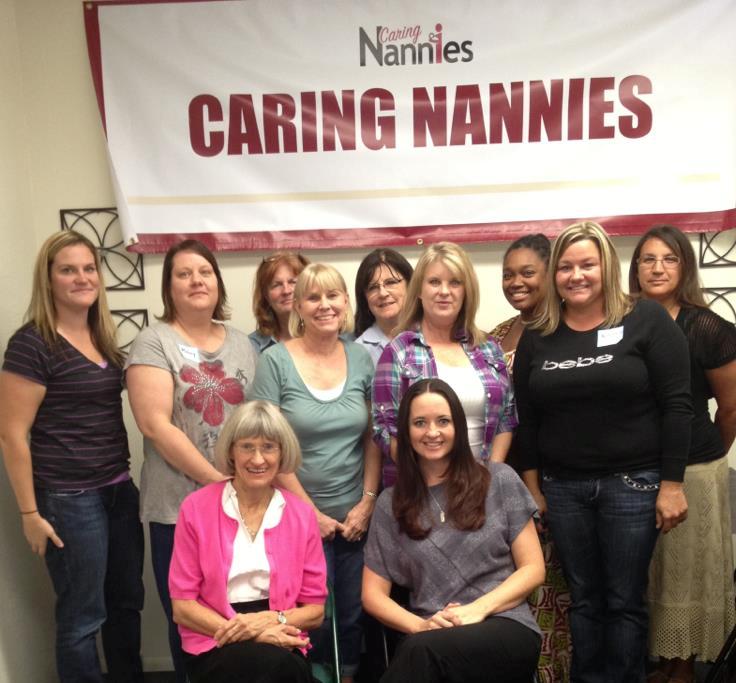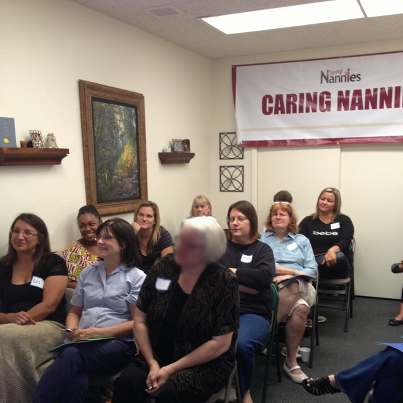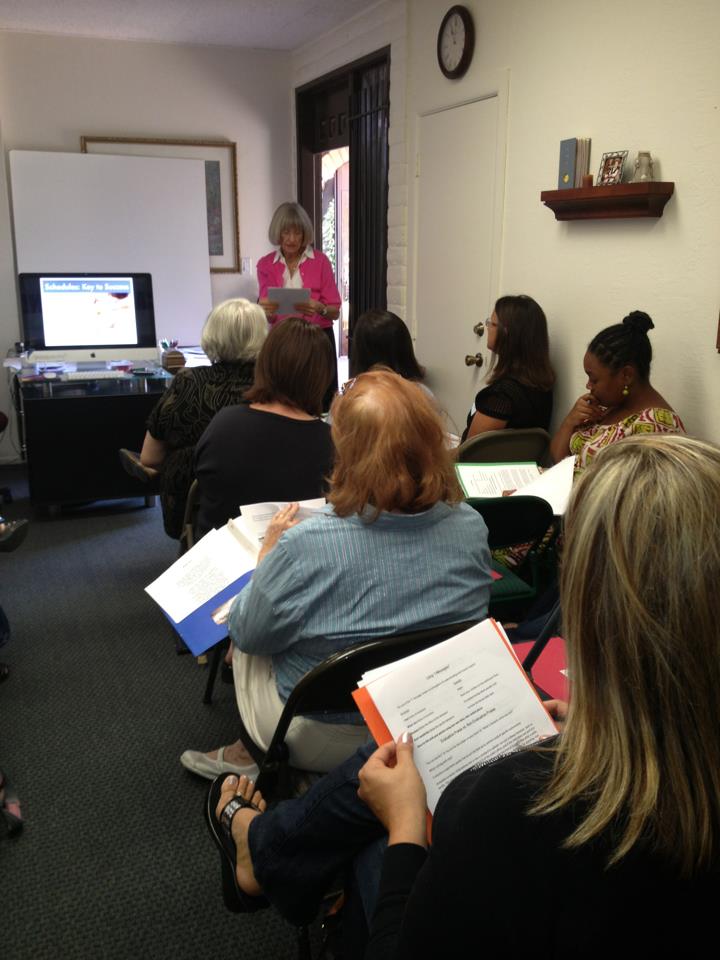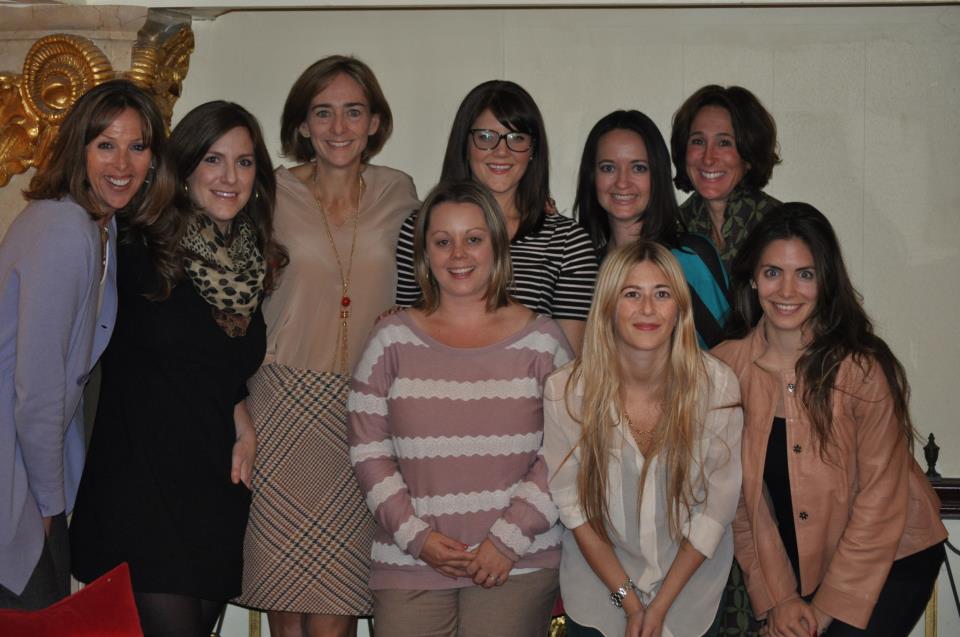
Boundaries in the home with a nanny are naturally confusing.There are two basic ways you relate to others: There’s a business relationship with someone or a family relationship. The business relationship is based on: ‘I have something for you”. The basis is performance. You perform for me and I perform for you. The family relationship with someone is based on: “I am something to you. It’s what I am to you. The basis is a commitment. A permanent committed relationship. Here’s an example of how these two relationships work out.
There are two different ways you can live in someone’s house. Generally, you’re either there as a tenant or as a family member. If you’re a tenant, the person who owns the house is your landlord and you rent their house. You can have a pretty good relationship with them as long as you pay the rent and respect the property.

But the relationship has structure and rules that are mechanical.There are rules for the tenant and the landlord also has certain rules he must follow. The landlord has to do maintenence. You can have a pretty good relationship, but the basis of your approach and the interchange is a mechanical one of goods and services. One of the problems is that when you live in a house and you see the boarders every day, the relationship continually tries to move off the business relationship into friendship. You start to not just give goods and services but listen to their problems and and start to move into friendship, and it’s hazardous. What happens when you have to put the screws to somebody when they aren’t paying the rent and they have become your friend and they’re not taking care of the property? A business relationship is a conditional one, but family relationships move towards being unconditional.
The business relationship is based on what you have–performance, and the family relationship is moving towards who you are. One is conditional and one is unconditional. One has to do with your doing and one has to do with your being. You’ve gotta watch out. You can’t become friends with the tenants.
At home, you’re supervising a nanny and you’re both crossing boundaries and she becomes your friend. Now what happens when she’s not towing the line, not coming through on her job description? Or, you start leaving the dishes in the sink on Sunday nights, and soon, it’s every night. It’s very difficult, very dissonant. There are two basic types of relationships and there’s a need to keep the tension between the two.

At home, you’re supervising a nanny and you’re both crossing boundaries and she becomes your friend. Now what happens when she’s not towing the line, not coming through on her job description? Or, you start leaving the dishes in the sink on Sunday nights, and soon, it’s every night. It’s very difficult, very dissonant. There are two basic types of relationships and there’s a need to keep the tension between the two.
You can also be living in the home of your parents and you’re not a boarder, you’re a child. The paradigm is different. The business relationship should work like: “If you perform you’ll be accepted. The way the family relationship works, is “that since your’re accepted, you should perform”. It’s two completely different ways of relating.

We’ve recently have had nannies reporting clients breeching boundary lines by asking indiscrete personal questions. When the nannies try to deflect those questions, the clients will as much say, “I feel I can’t trust you, because you’re not being completely open with me.”
We all want someone who will love our children as much as we do and who’s like a member of the family, and yet we need to walk that tightrope, so the relationship stays friendly, but business-like. I’m not saying this is easy, and the longer you’re together, the more you need to work on it.
If the boundaries at your house have gotten soft and mushy, how can you take back ground?

1. On your next Monthly Meeting share your failure to maintain the proper relationship. Nannies can have hurt feelings when Moms go back and forth on boundaries. One Nanny had a Mom who regularly made the nanny her ‘best friend’ and then ‘cut her off’ emotionally. when she realized she’d gone too far. Another Mom kept the nanny as her BFF, but when family came to visit, she became ‘The Help’.
2. Have regular evaluations with your nanny, either quarterly or at six months and a year. We have a Performance Review available. Just reply to this email and we’ll forward it to you.
3. Be award that you may have crossed her boundaries as well, perhaps by regularly coming home late and not expecting to pay extra, or slowly adding to her work load without mentioning any reimbursement, or by sharing marital discord with her.
4. If you’ve never sat down and filled out a Working Agreement, it’s not too late. This agreement delineates her responsibilities, schedule, reimbursement and many other practical guidelines that you decide on together.
5. Keep evaluating if you’re both walking the tightrope. Be friendly, but not BFFs. It just doesn’t work.













